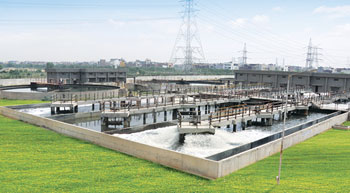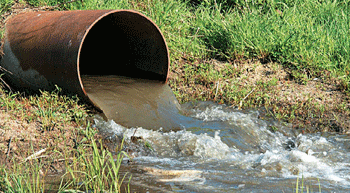DMRC to handle metro works in the redevelopment of Central Vista
FlashNews:
Air India, Lufthansa Group Ink Landmark MoU to Boost India‑Europe Connectivity
GMRIT Achieves Deemed University Status, Strengthens Academic Expansion
India Adds Record 52.5 GW Power Capacity in FY2025‑26, Driven by Renewables
REC to Drive AI‑Powered Energy Innovation at India AI Impact Summit 2026
Inox Clean Energy, RJ Corp Enter Africa’s IPP Market, Target 2.5 GW by FY2029
Best Pills for Erection: Myths, Facts, and Smart Choices
Best Pills for Erection: Audience‑Specific Guidance with Safety Disclaimers
DIAL Launches Family@DEL: First Family‑Centric Travel Initiative at an Indian Airport
India’s SDHI Lands Landmark Oman Defence Ship Deal
Air India Unveils First Line‑Fit Boeing 787‑9, Signals Bold Global Transformation in 2026
Vizhinjam Expansion Strengthens India’s Maritime Competitiveness: Sonowal
Tata Power Odisha Discoms Secure Top National Rankings for Third Consecutive Year
SDHI Secures $227 Million Chemical Tanker Deal, Revives India’s Commercial Shipbuilding
India’s Energy Transition Sets Global Pace: Pralhad Joshi at Davos
IWDC Clears ₹15 Billion Projects to Boost Green Mobility, Cargo and River Tourism
World Bank Approves $815 Million Financing for Tata Power-DGPC Dorjilung Hydropower Project in Bhutan
Indian Railways Deploys Humanoid Robot ASC ARJUN at Visakhapatnam for Smart Station Security
India’s Power Grid Crosses 500,000 Circuit Km, Marks 71.6% Growth Since 2014
India Inc Optimistic on Growth, Flags Infrastructure, Defence and Export Priorities: FICCI Survey
Tag: Central Pollution Control Board
CPCB raises red flag on pollution in River Yamuna
The Central Pollution Control Board (CPCB) has raised serious concerns over pollution and frothing in the River Yamuna after the nodal agency tasked with monitoring and regulating pollution observed froth formation and increase in ammonia levels in the river.
Curb that wastage!
Less than 20 per cent of the wastewater discharged by households, and 60 per cent of industrial wastewater, is treated in India. This situation has to change, say SHISHAM PRIYADARSHINI and AMISH SHROFF.
Lack of sufficient domestic project financing options remains a concern
Steve Edwards - Chairman and CEO, Black & Veatch, shares his perspective on the Indian infrastructure market, his company´s offerings, and the shortcomings in the current EPC contract mechanism in the country.
Blue Gold
Warring nations over water may sound apocalyptic, but there is no denying water is going to be a major restraint on urbanisation. Basic demand-supply rules apply here and explain to a large extent doomsday scenarios captured in Hollywood hits such as Water Wars
The Government has started supporting PPP and introduced reforms
Discharge of untreated sewage is the biggest cause for water pollution. The large gap between the generation of waste-water and its treatment has led to large scale ground water contamination. Operation and maintenance of existing plants
Decentralised Wastewater Management Systems
Urban India is bracing for a unique and difficult challenge of shortage of freshwater as well as managing increased wastewater. Urban India is experiencing an exponential growth. With about 377 million people
Consultancy opportunity in sewerage project
Experts call for upgradation of sewage infrastructure in the country as less than 30 per cent of sewage generated across largest cities in the country undergoes treatment before it is disposed into freshwater bodies or the sea.
Need for a better waste management system
Our cities will need a combination of centralised and decentralised wastewater treatment systems especially in urban pockets and smaller towns where formal sewerage system and treatment will be too expensive, write B Rajesh and Neerad Swaroop. Nearly 590 million people are expected to live in Indian cities by the year 2030. As per the 2011 census, decadal growth of urban population was 31 per cent,









